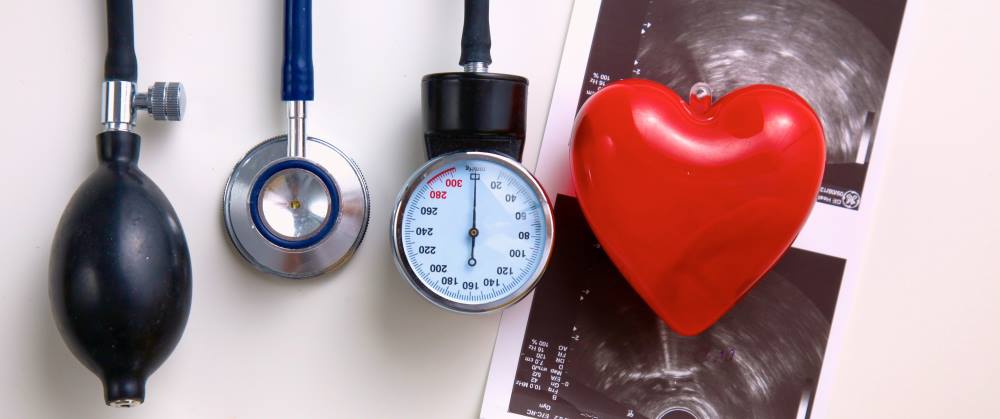
Exploring the Link between High Blood Pressure and Incontinence
High blood pressure, also known as hypertension, is a condition in which the force of your blood against the walls of your arteries is high enough that it may eventually cause health problems. If left untreated, hypertension can lead to heart disease, stroke, and kidney failure. Hypertension is often referred to as the "silent killer" because it typically has no symptoms.
Incontinence, on the other hand, is a condition in which you lose control of your bladder or bowels. You may leak urine when you cough, laugh, or exercise. Or you may feel a strong urge to go to the bathroom but are unable to hold it until you get there. Incontinence can be embarrassing and inconvenient, but it's important to remember that it's not your fault. Incontinence is a medical condition that can be caused by many different things.
One of the most common causes of incontinence is weak pelvic floor muscles. These muscles support your bladder and help keep it closed. If these muscles are weak, they may not be able to do their job properly, and you may leak urine. Another common cause of incontinence is nerve damage. This can be caused by diabetes, multiple sclerosis, Parkinson's disease, or a spinal cord injury. Nerve damage can also be caused by surgery or certain medications.
Recent research has shown that there may be a link between hypertension and incontinence. Studies have found that people with hypertension are more likely to have incontinence than people with normal blood pressure. One theory is that high blood pressure damages the nerves that control the bladder muscles. This damage can lead to incontinence. Another theory is that high blood pressure damages the blood vessels in the pelvis, which can lead to inflammation and weak pelvic floor muscles. Regardless of the exact mechanism, it's clear that there is a link between hypertension and incontinence
If you have hypertension, it's important to monitor your incontinence closely. While hyptension itself doesn't directly cause incontince, studies have shown that people with hypertension are more likely to experience incontinence than those with normal blood pressure levels. If you're struggling with incontience, talk to your doctor about treatment options such as pelvic floor muscle exercises or medications that can help relieve your symptoms.
 Incontinence Supermarket | Incontinence Products
Incontinence Supermarket | Incontinence Products